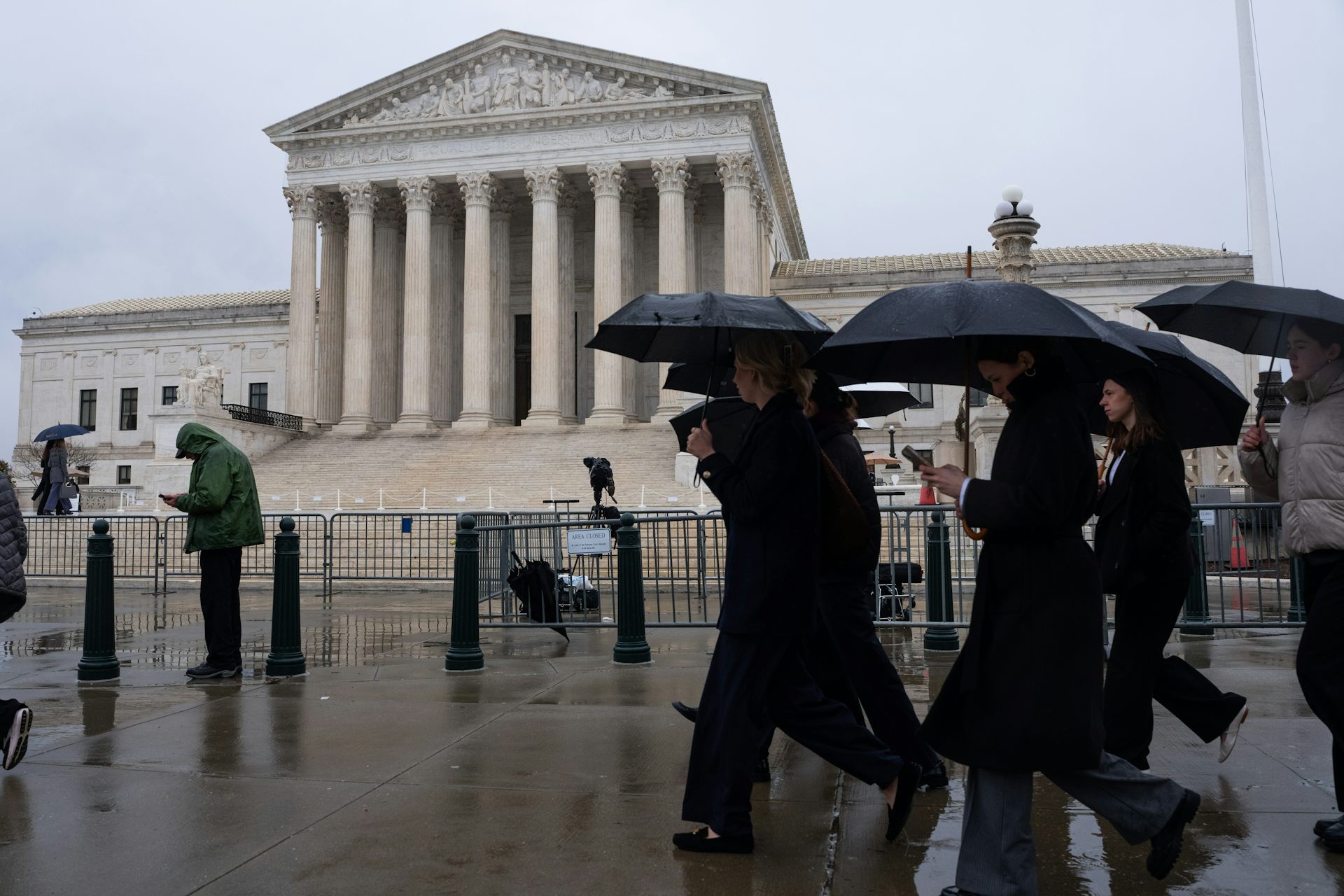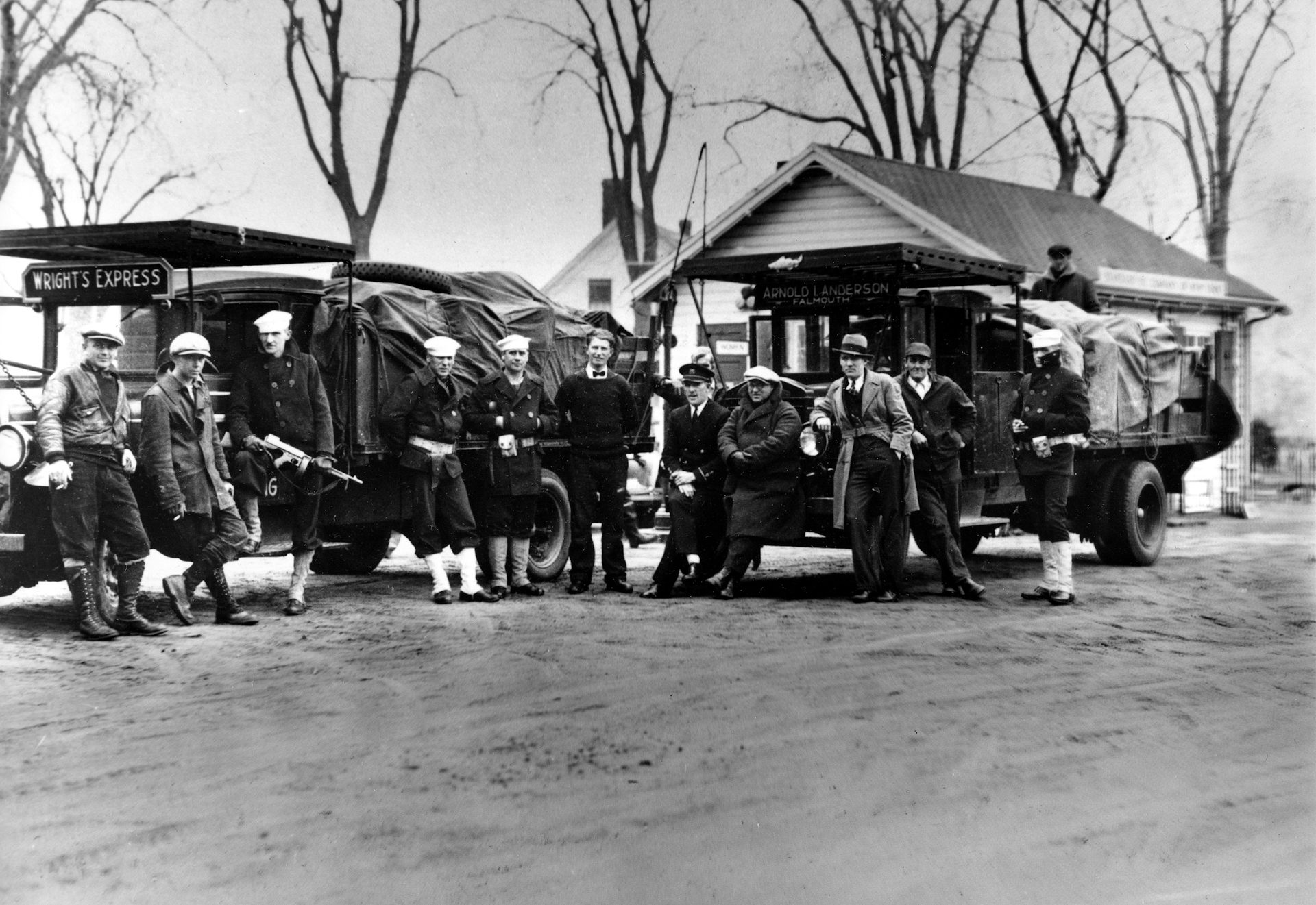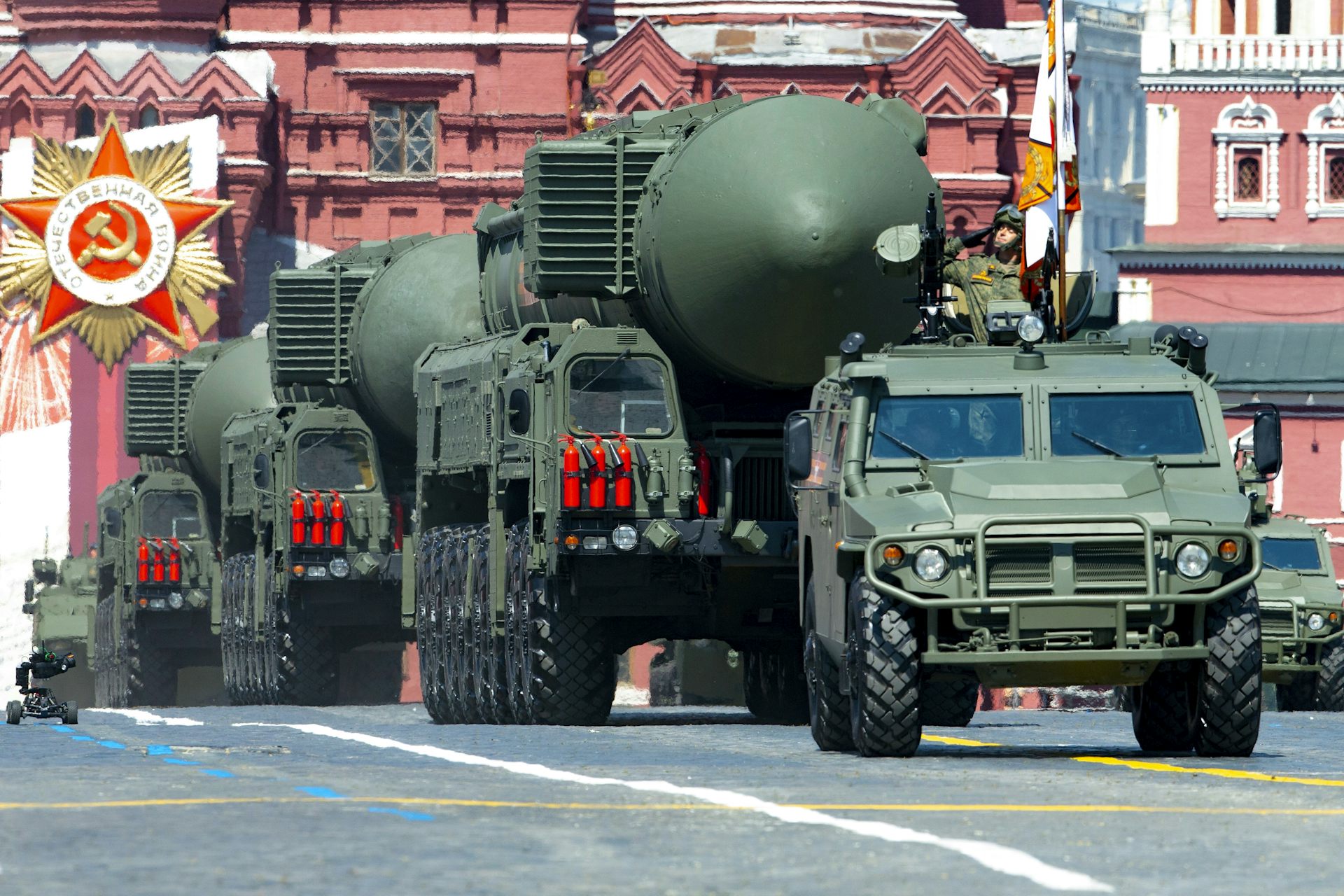The sleeper Supreme Court decision that could have profound impacts on the Trump administration agen
A unanimous case decided by the US Supreme Court in 2024 could protect the First Amendment rights to free expression of many of the organizations targeted by the Trump administration.
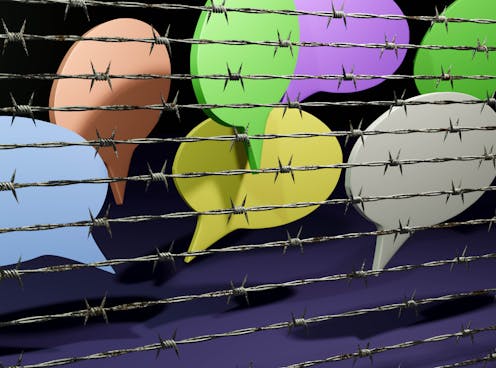
The American public’s trust in the Supreme Court has fallen precipitously over the past decade. Many across the political spectrum see the court as too political.
This view is only strengthened when Americans see most of the justices of the court dividing along ideological lines on decisions related to some of the most hot-button issues the court handles. Those include reproductive rights, voting rights, corporate power, environmental protection, student loan policy, worker rights and LGBTQ+ rights.
But there is one recent decision where the court was unanimous in its ruling, perhaps because its holding should not be controversial: National Rifle Association v. Vullo. In that 2024 case, the court said that it’s a clear violation of the First Amendment’s free speech provisions for government to force people to speak and act in ways that are aligned with its policies.
The second Trump administration has tried to wield executive branch power in ways that appear to punish or suppress speech and opposition to administration policy priorities. Many of those attempts have been legally challenged and will likely make their way to the Supreme Court.
The somewhat under-the-radar – yet incredibly important – decision in National Rifle Association v. Vullo is likely to figure prominently in Supreme Court rulings in a slew of those cases in the coming months and years, including those involving law firms, universities and the Public Broadcasting Service.
That’s because, in my view as a legal scholar, they are all First Amendment cases.
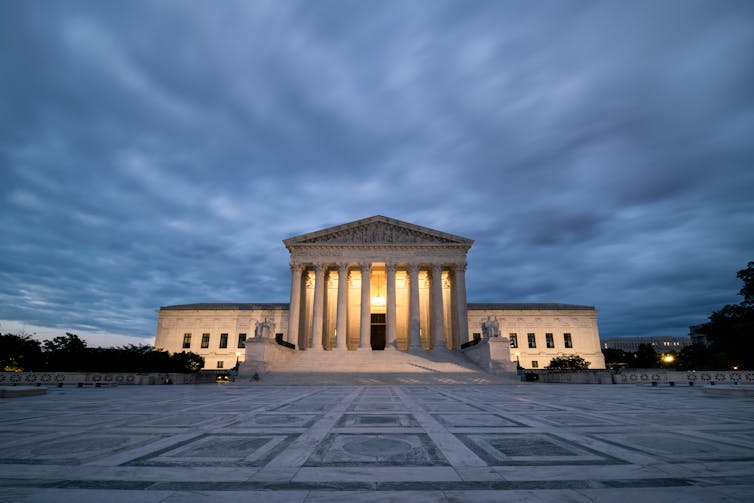
Why the NRA sued a New York state official
In May 2024, in an opinion written by reliably liberal Sonia Sotomayor, a unanimous court ruled that the efforts of New York state government officials to punish companies doing business with the NRA constituted clear violations of the First Amendment.
Following its own precedent from the 1960s, Bantam Books v. Sullivan, the court found that government officials “cannot attempt to coerce private parties in order to punish or suppress views that the government disfavors.”
Many of the current targets of the Trump administration’s actions have claimed similar suppression of their First Amendment rights by the government. They have fought back, filing lawsuits that often cite the National Rifle Association v. Vullo decision in their efforts.
To date, the most egregious examples of actions that violate the principles announced by the court – the executive orders against law firms – have largely been halted in the lower courts, with those decisions often citing what’s now known as the Vullo decision.
While these cases may still be working their way through the lower courts, it is likely that the Supreme Court will ultimately consider legal challenges to the Trump administration’s efforts in a range of areas.
These would include the executive orders against law firms, attempts to cut government grants and research funding from universities, potential moves to strip nonprofits of their tax-exempt status, and regulatory actions punishing media companies for what the White House believes to be unfavorable coverage.
The court could also hear disputes over the government terminating contracts with a family of companies that provides satellite and communications support to the U.S. government generally and the military in particular.
Despite the variety of organizations and government actions involved in these lawsuits, they all can be seen as struggles over free speech and expression, like Vullo.
Whether it is private law firms, multinational corporations, universities or members of the media, all have one thing in common: They have all been targeted by the Trump administration for the same reason – they are engaged in actions or speech that is disfavored by President Donald Trump.
Protecting speech, regardless of politics
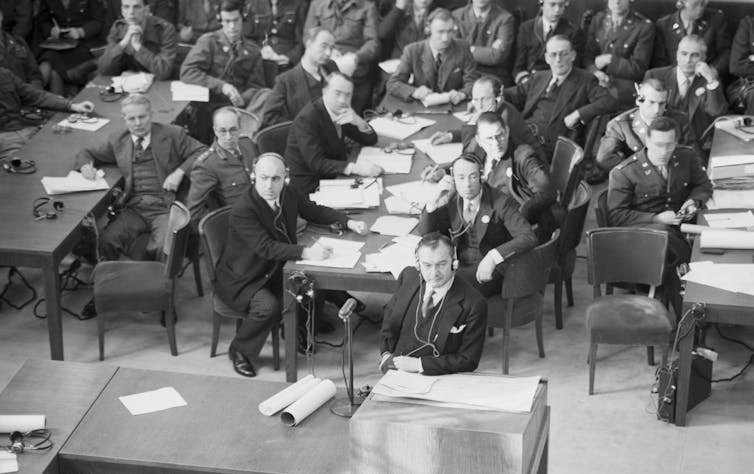
The NRA, an often-controversial gun-rights advocacy organization, was the plaintiff in the Vullo decision.
But just because the groups that have been targeted by the Trump administration are across the political divide from the NRA does not mean the outcome in decisions relying on the court’s opinion will be different. In fact, these groups can rely on the same arguments advanced by the NRA, and are, I believe, likely to win.
Vullo isn’t the only decision on which the court can rely when considering challenges to the Trump administration’s efforts targeting these groups.
In the wake of World War II, Supreme Court Justice Robert Jackson took a leave from the court and served as a prosecutor in the Nuremberg trials of Nazi leaders. Prosecuting them for their atrocities, Jackson saw how the Nuremberg defendants wielded government authority to punish enemies who resisted their rise and later opposed their rule.
Once he returned to the court, Jackson wrote the majority opinion in West Virginia State Board of Education v. Barnette, where the court found that students who refused to salute the American flag and recite the Pledge of Allegiance at school could not be expelled.
Jackson’s opinion is a forceful rejection of government attempts to control what people say: “If there is any fixed star in our constitutional constellation, it is that no official, high or petty, can prescribe what shall be orthodox in politics, nationalism, religion, or other matters of opinion or force citizens to confess by word or act their faith therein.”
If some of the cases testing the state’s power to force fidelity to the executive branch reach the Supreme Court, the cases could offer the justices the opportunity to, once again, speak with one voice as they did in NRA v. Vullo, to demonstrate it can be evenhanded and will not play politics with the First Amendment.
Ray Brescia does not work for, consult, own shares in or receive funding from any company or organization that would benefit from this article, and has disclosed no relevant affiliations beyond their academic appointment.
Read These Next
Supreme Court rules against Trump’s emergency tariffs – but leaves key questions unanswered
The ruling strikes down most of the Trump administration’s current tariffs, with more limited options…
Enforcing Prohibition with a massive new federal force of poorly trained agents didn’t go so well in
Both Prohibition and current mass deportation efforts were hastily built, staffed by people permitted…
Trump administration axed nutrition education program that saved more money than it cost, even as go
Every dollar spent on community health education through SNAP-ED saved an estimated $10.64 in Medicaid…


